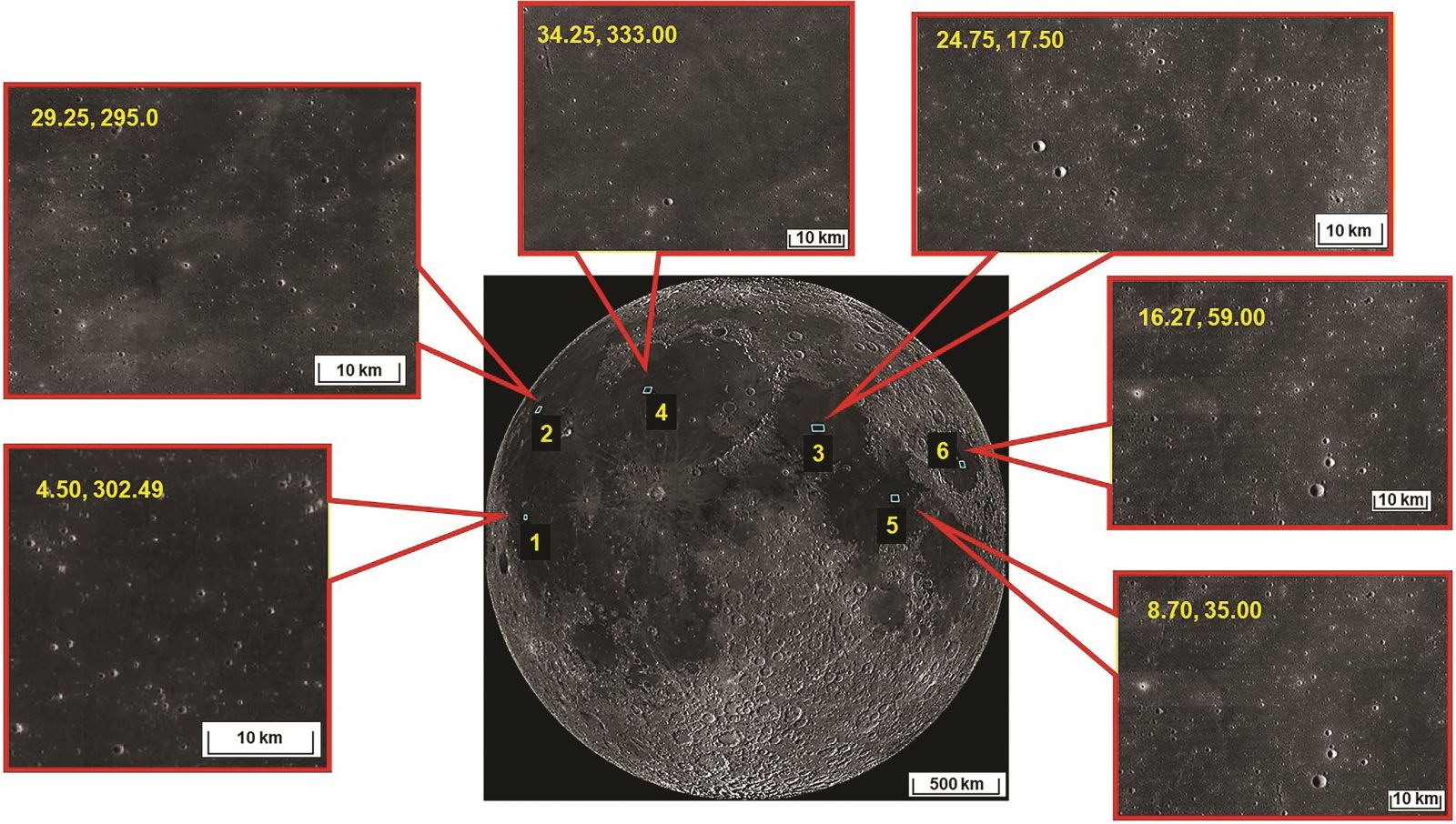How Covid-19 may have impacted... the Moon?
Published by Cédric,
Article author: Cédric DEPOND
Source: Monthly Notices of the Royal Astronomical Society: Letters
Other Languages: FR, DE, ES, PT
Article author: Cédric DEPOND
Source: Monthly Notices of the Royal Astronomical Society: Letters
Other Languages: FR, DE, ES, PT
Follow us on Google News (click on ☆)
During global lockdowns, nighttime lunar temperatures dropped significantly, an unprecedented observation linked to the reduction of human activity on Earth.

The Physical Research Laboratory in Ahmedabad, India, conducted a study between 2017 and 2023. Their analysis revealed a decrease in the surface temperatures of the Moon, particularly in April-May 2020. This period coincides with the early months of the pandemic.
This phenomenon is attributed to a reduction in the Earth's radiative emissions. Due to a decrease in pollution, the Earth warmed the Moon less through its nighttime radiation, which caused this temperature drop.
Normally, the Moon is exposed to Earth's radiation during the night. The less heat the Earth emits, the more the Moon cools. This is what scientists were able to measure during this unprecedented lockdown period.
These lunar temperature variations offer a new perspective on the interconnectedness between the Earth and its natural satellite. In the future, the Moon could serve as an observation tool for monitoring the effects of climate change.
Data collected by NASA's Lunar Reconnaissance Orbiter (LRO) confirm this trend. A temperature decrease of 8 to 10 degrees Celsius (14.4 to 18 degrees Fahrenheit) was observed at six different sites on the visible side of the Moon.

Map of the visible side of the Moon showing the sites selected for this study. Each individual site is also represented in the enlargements. The base map is an LRO WAC mosaic.
Image LRO quickmap
These results open new avenues for future research. Scientists hope to deepen the understanding of the effects of Earth's radiation on the Moon and, more broadly, on the environment.
What is Earth radiation?
Earth radiation refers to the energy emitted by the Earth in the form of heat, primarily in infrared. Part of this energy comes from solar radiation absorbed by the Earth, while another portion is produced by internal processes of the planet. This phenomenon plays a key role in Earth's overall energy balance.
The Moon, although devoid of an atmosphere, is sensitive to this radiation. During the night, only the thermal energy emitted by the Earth reaches its surface, influencing its nighttime temperatures. This mechanism allows scientists to indirectly study the effects of terrestrial climate variations.
The 2020 global lockdown caused a significant reduction in Earth's radiation. With diminished human activities, the Earth emitted less heat, leading to a drop in surface temperatures on the Moon, measured by instruments in orbit around it.